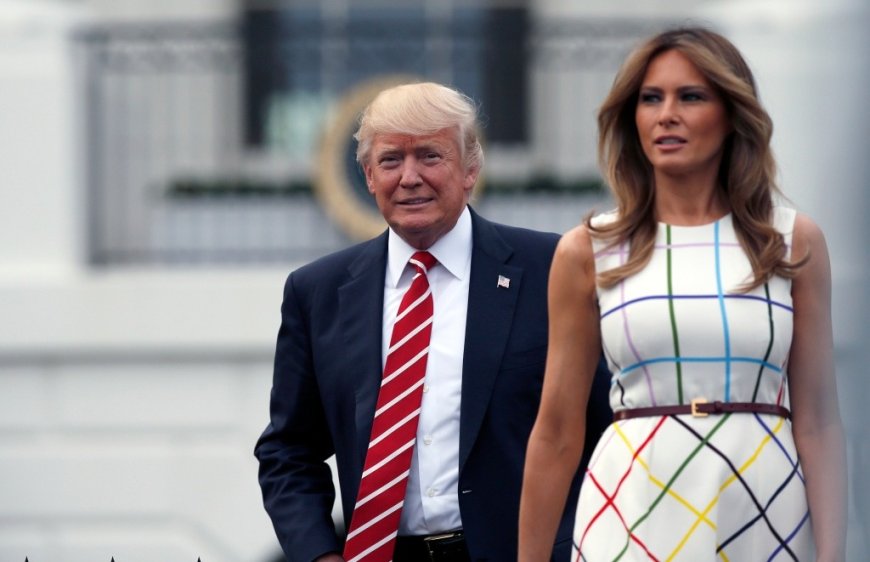US Supreme Court to Weigh Controversial 'Trump Too Small' Trademark Case
US Supreme Court to examine 'Trump Too Small' trademark case, weighing free speech and trademark rights. Stay updated on this controversial dispute shaping the boundaries of political criticism in trademarks.

The US Supreme Court has recently agreed to examine a contentious trademark dispute centered around the phrase "Trump Too Small." The case involves a California attorney, Steve Elster, who applied for the trademark as a cheeky criticism of former President Donald Trump. The court's decision will determine whether Elster's free speech protections under the First Amendment outweigh the concerns raised by the US Trademark Office regarding Trump's rights.
Trademark Application and Background:
In 2018, Elster submitted an application to trademark "Trump Too Small" for use on shirts. He drew inspiration from an exchange between Trump and US Senator Marco Rubio during a presidential candidate debate in March 2016. Elster aimed to convey that certain aspects of Trump's character and policies were diminutive. He cited Rubio's remarks about the size of "certain parts" of Trump's anatomy and news articles highlighting the former president's "Shrinking of America" and reduction of national monuments.
Trademark Rejection and Legal Proceedings:
Elster's trademark application faced rejection from the trademark office, citing a federal law that prohibits trademarks using a person's name without their consent. The agency's in-house tribunal upheld the decision. However, the US Court of Appeals for the Federal Circuit later overturned the ruling, deeming Elster's free speech protections more significant than the concerns raised.
The Court's Stance and Implications:
Circuit Judge Timothy Dyk, who authored the appellate court's decision, emphasized that public figures should not be shielded from criticism by the right of publicity. He stated that the case did not involve Trump's publicity rights, as Elster made no claims of exploiting the commercial value of the former president's name or implying his endorsement of the shirts.
Involvement of Trump and Rubio:
While Trump and Rubio were rivals for the 2016 Republican presidential nomination, they are not personally involved in the ongoing legal battle. During the campaign, Trump infamously referred to Rubio as "Little Marco," prompting Rubio to jest about Trump's hand size. However, the "Trump Too Small" trademark case does not directly relate to these exchanges.
Key Arguments and Trademark Office's Petition:
The US Trademark Office, represented by President Joe Biden's Justice Department, has pushed back against concerns about suppressing political speech. In its petition to the Supreme Court, the office argued that registering trademarks like Elster's would pose a greater threat to free speech by granting exclusive rights to the trademark owner.
Precedents and First Amendment Rights:
The Supreme Court has previously shown a tendency to prioritize First Amendment rights over federal trademark restrictions. Decisions in favor of Asian-American rock band The Slants in 2017 and artist Erik Brunetti's "FUCT" brand in 2019 illustrate the court's stance on protecting freedom of speech in trademark cases.
Conclusion:
The US Supreme Court's decision to review the "Trump Too Small" trademark dispute brings attention to the balance between free speech and trademark protections. This case carries implications for future trademark applications that involve political criticism or satire. As the court examines the matter, its ruling will shape the legal landscape and provide further clarity on the boundaries of First Amendment rights and trademark restrictions.































































